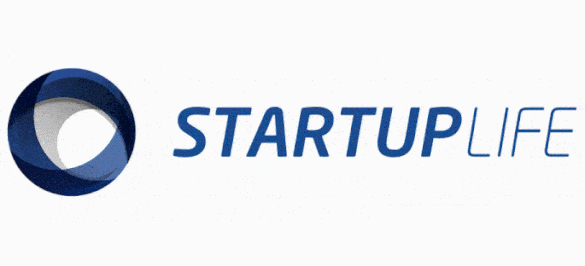By Tayrê Balzan and Layon Lopes
The parties, when drafting a contract, can choose between arbitration or litigation in the courts as a dispute resolution method. Each method has differences and peculiarities that have to be considered when choosing the resolution method.
Arbitration is nowadays more accepted in Brazil. The positive aspects of arbitration are that the arbitrators are experts and specialize in the subject, the process is faster than compared to the judiciary, the process is confidential, the arbitrators are impartial, the decisions are predictable and the parties can decide about their process.
The main disadvantages of arbitration are the high costs and lack of publicity. A conflict resolved in the judiciary, on the other hand, runs the risk of a surprise decision and takes a long time to resolve the conflict.
When we deal with complex contracts, such as an investment agreement or M&A process, the predominant choice is to use arbitration to settle the conflict. This happens, as the arbitrators are specialized and have experience to deal with the subject, the process is faster and is more efficient than compared to the judiciary.
In the case of commercial contracts, it is common that startups choose the judiciary to resolve the conflict, as the judiciary tends to be less expensive than arbitration. In this way, the startups prefer to resolve simple contracts with litigation in court and choose arbitration to settle complex contracts.
Therefore, the startups used to observe the type of contract and the level of complexity to choose between arbitration or judiciary. It is important to select an adequate dispute resolution method, as we will use it when a conflict arrives, and when this day comes, it is better that the best method of resolution has been chosen.
* Layon Lopes is the CEO of Silva | Lopes and Tayrê Balzan is a member of the Silva | Lopes team.







